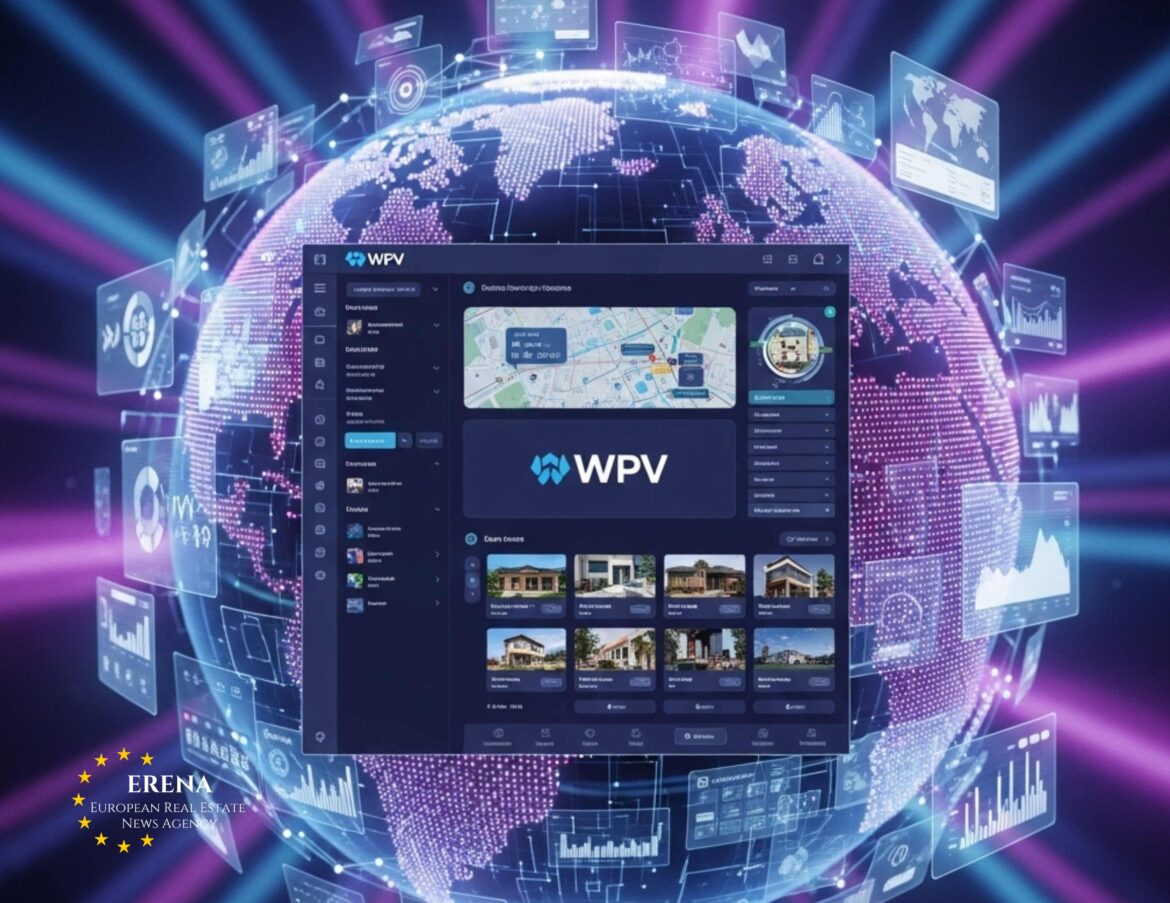In 2025, Worldwide Property Vision (WPV), a global consortium focused on real estate and digital innovation, announced the launch of a suite of advanced digital platforms designed to transform the way property markets operate around the world. The initiative spans over 30 markets across five continents and is aimed at modernizing property transactions, asset management, investment analysis, and regulatory compliance through technology.
What Is WPV and What Are Its Goals?
WPV is an international collaboration between software developers, data analysts, property developers, and legal experts in the real estate sector. Its core mission is to eliminate fragmentation, enhance transparency, and improve access to real estate data on a global scale.
The new platforms launched by WPV are intended to digitize transaction flows, streamline property and lease management, automate documentation processes, and provide real-time insights into market dynamics and asset performance. The ultimate objective is to empower both institutional investors and individual users with tools for more informed, secure, and efficient property dealings.
Integrated Solutions for a Global Ecosystem
WPV has introduced several flagship digital tools, including:
- WPV Atlas – A data intelligence platform covering property prices, tax regimes, market demand, and legal regulations across 70+ countries.
- WPV Connect – A transaction platform for brokers, developers, and agents that centralizes deal-making, documentation, and communication in one secure digital space.
- WPV Invest – An analytics engine for institutional investors, featuring yield modeling, risk metrics, and ESG compliance tracking.
- WPV Lease – A tool for automating lease management and overseeing multi-jurisdictional property portfolios.
- WPV ID – A digital identity and verification system for fast-track KYC/AML compliance and identity authentication.
All WPV platforms are modular, cloud-based (SaaS), and available in multilingual formats for global accessibility.
From Fragmentation to Transparency
One of the core challenges in international real estate is the highly fragmented nature of local markets. Each jurisdiction operates with different legal standards, cadastral systems, valuation methods, and languages, making international transactions slow, costly, and opaque.
WPV aims to resolve these issues by:
- Creating a unified global property data layer with verified information on ownership, pricing, and legal status;
- Integrating directly with national land registries and tax databases via secure APIs;
- Offering multilingual translation engines for legal, technical, and transactional terminology;
- Providing AI-generated legal templates for rental and purchase agreements, customized per jurisdiction.
The initiative has already garnered interest from global brokerage firms, banks, investment funds, and municipal authorities across Europe, Asia, and Latin America.
Global Partnerships and Investment Backing
To drive its vision, WPV has secured strategic partnerships with:
- OECD – To establish digital real estate regulatory standards;
- JLL and CBRE – As data contributors and distribution partners;
- HSBC and BNP Paribas – As financial intermediaries for international transactions and escrow services;
- Oracle and AWS – For infrastructure, cybersecurity, and cloud hosting.
The total projected investment in the WPV platform ecosystem for 2025–2027 is estimated at €800 million, financed by a mix of venture capital, development banks, and private equity firms.
Impact on Emerging Markets
A key focus for WPV is bringing its solutions to emerging economies where real estate systems are often inefficient, unregistered, or non-transparent. Markets across Africa, Latin America, and Southeast Asia stand to benefit the most from WPV’s digitization tools.
With platforms like WPV Atlas and WPV ID, the company plans to:
- Digitize local land registries
- Enable verifiable digital ownership
- Provide open access to geospatial and cadastral data
One of the pilot programs has already begun in Kenya, where WPV is collaborating with the government to digitize property records in Nairobi and Mombasa. Similar initiatives are being rolled out in Peru, Vietnam, and Nigeria.
Technology Stack and Infrastructure
WPV’s platforms are built on enterprise-grade architecture using:
- Hyperledger blockchain – For transaction immutability and audit trails
- AI and machine learning – To power predictive pricing, asset risk analysis, and deal automation
- Big Data aggregation – To consolidate sources from government records, real estate portals, and financial institutions
- Smart contracts and digital signatures – To enable secure, legally binding agreements
The platforms comply with GDPR, FATF anti-money laundering standards, and ISO/IEC 27001 for data security management.
Market Potential and Projections
Analysts at Knight Frank and Colliers estimate that platforms like WPV could reduce transaction-related costs by up to 30% over five years and shorten cross-border deal cycles by 75%.
By the end of 2026, WPV expects to handle up to 8% of all global cross-border commercial real estate transactions. The user base is projected to exceed 1.5 million professionals, including agents, fund managers, compliance officers, and government agencies.
Several municipalities — including Barcelona, Lisbon, Dubai, Jakarta, Buenos Aires, and Vancouver — have shown early interest in integrating WPV into their smart city and urban asset management strategies.
Conclusion
WPV’s digital platform rollout represents a new chapter for global real estate. By bridging the gap between jurisdictions, enabling secure digital transactions, and creating a unified data environment, WPV has the potential to redefine how property is bought, sold, leased, and regulated on a planetary scale.
With a robust technological backbone, strategic partners, and institutional support, WPV is positioning itself as a transformative force in the property sector — setting the foundation for a more transparent, efficient, and accessible global real estate market.

